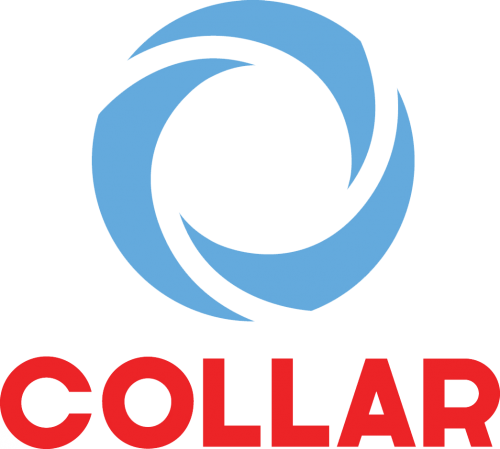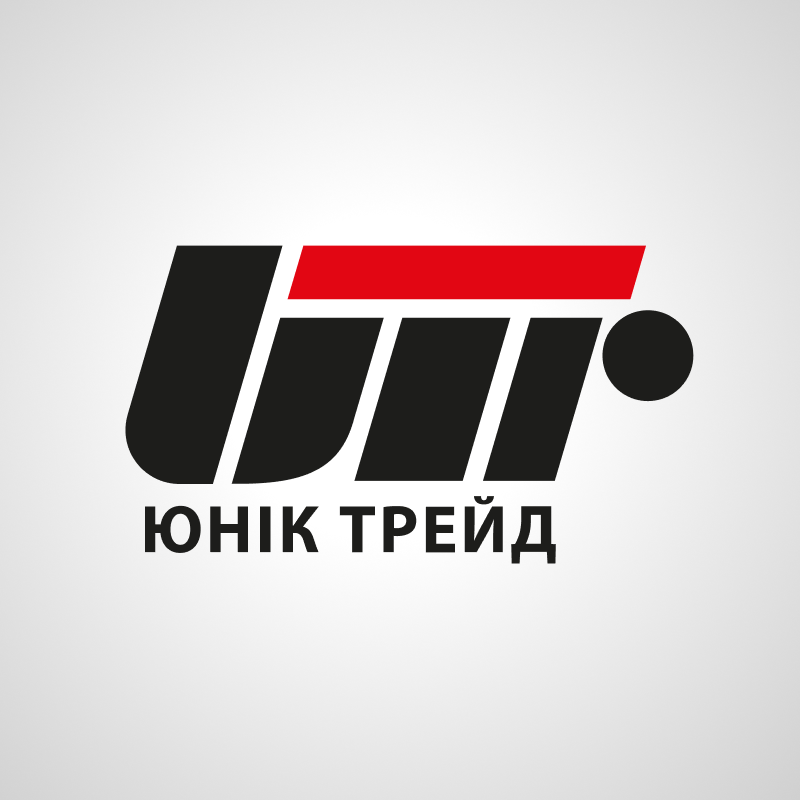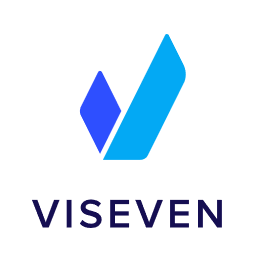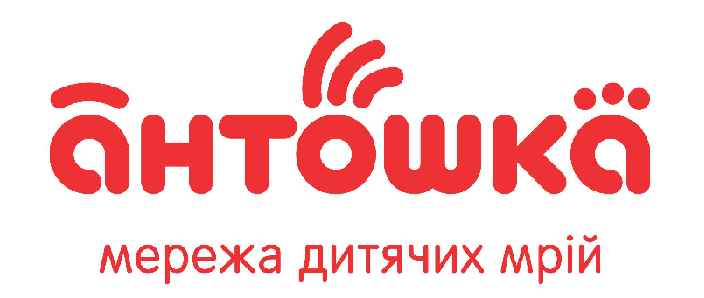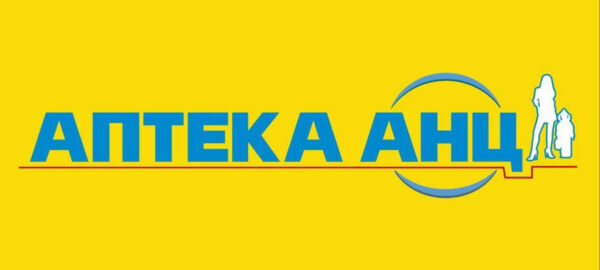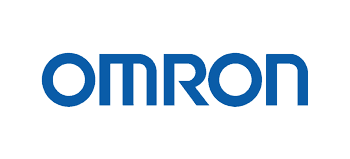
The benefits of automated adaptation: How did Planeta Kino make learning more effective?
The number of job offers on the labor market is growing every month, as is competition between employers, as the burden per vacant position has dropped by at least half. According to RBC-Ukraine, there is a significant staff shortage in many areas.
Yes, it is true that it is difficult to find a qualified specialist, but it is even more difficult to retain them. The quality adaptation of employees plays an important role in this process, as newcomers often quit within the first two months because they feel unwanted at the workplace.
Yana Rudman, a specialist in the training and development department at Planeta Kino, told us about the combination of in-person and remote formats, a “gentle” induction, and the secrets of successful onboarding.
Planeta Kino is a representative of 4DX, IMAX and IMAX with Laser technologies in Ukraine, which as of mid-2023 has 10 cinemas, 4 RE’LUX cinema restaurants and about 500 employees. But above all, it is a company for which the top priority is to provide high-quality customer service to each individual visitor.
Implementation of online learning
The Planeta Kino cinema chain was launched in Kyiv in 2008. Later, the company opened branches in Lviv, Odesa, Sumy, Dnipro, and Kharkiv. As more and more cinemas appeared, it became clear that in-person trainings could no longer cover all the chain’s employees. That’s how the idea of introducing distance learning for staff in specialized courses came about.

In this way, the company wanted to facilitate the process both for employees, who could develop their skills online at any time convenient for them, and for their managers, who could see the test results in real time.

“We had no experience with other e-learning systems. We analyzed the market, made up our minds, and immediately connected LMS Collaborator. The platform suited us in all respects, so we chose it. We liked the combination of work tasks and the user-friendly, and most importantly, flexible interface. But it was the individual approach that ultimately became the decisive factor for us”.
Yana Rudman, leading manager of the training and development department at Planeta Kino
As the platform evolved to meet the needs of the company, the training portal was also used to adapt new employees. That is, if we talk about line workers, they take specialized courses to get into the position, such as familiarization with cash discipline, popcorn making, or compensation cards, which are aimed at increasing the level of customer focus.

Online learning is mandatory for all employees without exception. Controllers, chefs, and top management take the courses – this is the principled position of the company’s management.
Organization of the staff adaptation process
Currently, the Planeta Kino cinema chain combines face-to-face and distance learning. That is, the day after the official hiring, the new employee already has their own profile on the training portal. The on-site administrator provides all the accesses and brings them up to speed. The trainee begins to get into the position, read introductory materials, and, in parallel, they are already learning directly in practice.
There are a lot of employees and, accordingly, a great deal of learning content. But a person is not assigned all the courses at once as soon as he or she joins the company. Each position has a separate learning path that covers the goal of gradual learning of materials. In addition, the employee does not waste time on unnecessary information and acquires only those skills that will be useful to him or her directly at the workplace.

“Employees work on textual resources, for example, on cash discipline, and screenshots. We also have quite a lot of video materials: these can be lessons on working with clients or guides on making popcorn. Our business owner, Dmytro Derkach, pays a lot of attention to the development of service in the company, so we have a separate video course developed by him.
At the same time, we have two separate videos that are mandatory for all employees. In the first one, Dmytro talks about our mission, values, and features, while the second one is entirely dedicated to the creation of the company”.
Yana Rudman, leading manager of the training and development department at Planeta Kino
The learning path is programmed in such a way that access to a new task or course is opened only after successful completion of the previous one.

The maximum time frame is three months, during which the probationary period lasts. During this period, the employee must complete all the courses assigned to him or her. Since this is shift work, people complete tasks at their own pace, but the cinema administrators make sure that everything fits within the specified time frame.

“In general, if it’s line staff, the emphasis is on professional skills, but if it’s a central office employee, then more attention is paid to the manager’s communication with subordinates, one-on-one work, etc. But mostly, we try to combine and develop both hard and soft skills of an employee”.
Yana Rudman, leading manager of the training and development department at Planeta Kino
The program is sustainable. Even if an employee already has knowledge of certain topics, they still need to complete the entire learning path without exception. If the on-site administrator sees that the employee lacks something and needs to improve certain skills, or after completing the internship, take a higher position, they may be assigned additional tasks and tests.
Tracking the progress
Each course ends with a test or workshop. The progress of employees is monitored by a specialist in the Training and Development Department, and the head of the recruiting department and local administrators also have access to the dynamics.

The main goal of learning is to adapt a person. Failure to pass a test is not a sentence, so if something doesn’t work out, the program is simply adjusted. The main point is how the employee proves oneself on the spot and implements the knowledge gained.
It is possible to retake the test, and you are given several attempts. When an employee sees that he or she is stuck on a test, the specialist of the training and development department passes this information to the administrator, who personally helps the employee to analyze the problem areas.

“Learning in the company is gradual. Since there is no such thing as all 500 employees logging on to the platform at the same time, I alone am enough to close this area. But I must admit that process automation makes my work much easier. For example, I don’t have to assign each individual course manually, because the system does it for me. In addition, company executives can track the department’s performance in real time thanks to automatic reports”.
Yana Rudman, leading manager of the training and development department at Planeta Kino
The largest number of courses is for the onboarding process, but the staff training does not end after successful completion of the internship. The company tests all employees every 1.5 months. The emphasis is on the practical skills that employees need to perform their daily tasks.
If a person sees that something is wrong with the test results, they can return to the course catalog to update their knowledge or contact their administrator for help.
When new customer service content is added, additional service materials appear, or an update is released, all employees who need to take these courses take them.

“Personalization eliminates the need for a large number of learning materials, which allows you to gradually introduce a person to the position instead of overwhelming them with unnecessary information. After watching a course about the company, they can immediately feel part of the team. Rigid boundaries between top managers and line staff are blurred, which helps to speed up employee adaptation.
In addition, the LMS Collaborator functionality helps us get feedback from the employee and find out if they like everything, if they have any comments, and how the adaptation process is going in general. This shows the person that we care about them, that we remember them”.
Yana Rudman, leading manager of the training and development department at Planeta Kino


